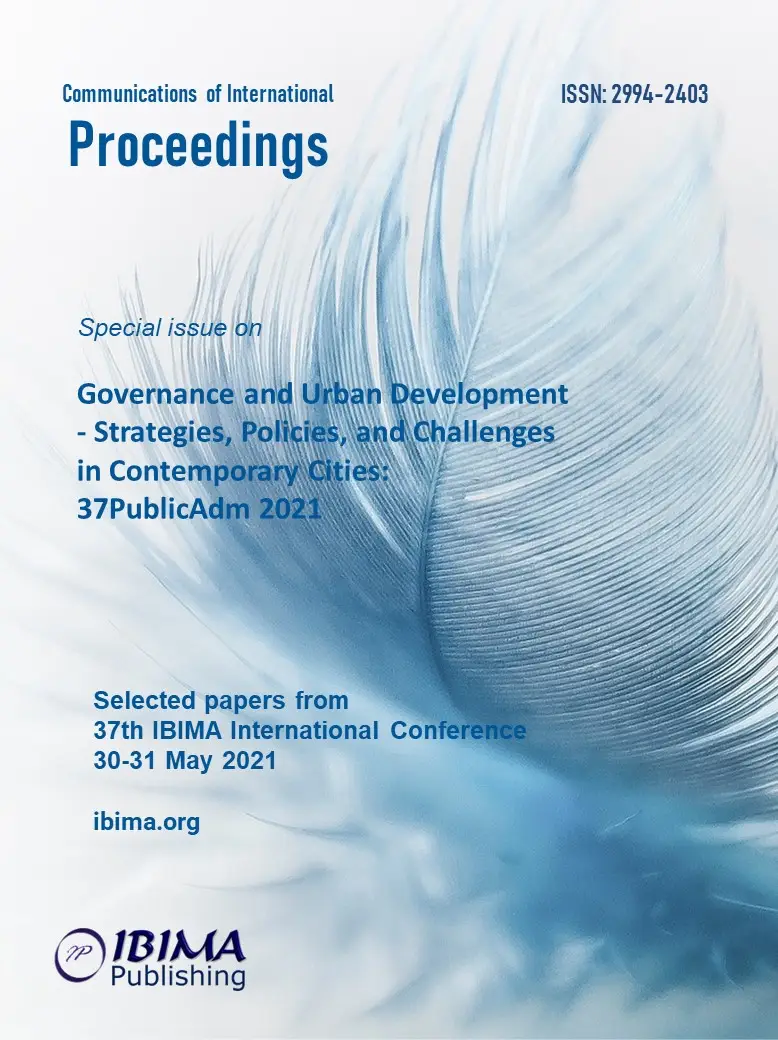

Noreha HASHIM
Faculty of Maritime Studies, University Malaysia Terengganu, 21030 Kuala Nerus, Terengganu, Malaysia

Recent incidences of grand corruption have resulted in concerns over the state of “good governance” in Malaysia. Good governance requires continuous interactions, sharing of power and information between all governance actors while simultaneously emphasizing accountability, consensus, effectiveness, efficiency, equitability, inclusivity, responsiveness, the rule of law, and transparency in making, implementing, monitoring and evaluating policies and programmes that affect society’s wellbeing. This preliminary study’s objective is to provide an overview of corruption’s main effects on all dimensions of good governance. It is significant because previous studies have concentrated on corruption on a specific good governance’s dimension. Qualitative content analysis of in-depth interviews with field experts as well as secondary data from official national data sets and relevant textual materials has been undertaken to examine corruption’s effects on all dimensions of good governance from 2011 to 2020. Findings show that Malaysia possesses good governance structures to address corruption, uphold the rule of law, ensure government’s accountability, provide avenues for articulation of citizens’ concerns, prevent marginalization of society’s weaker members, redistribute society’s power relations, mobilize social capital, deliver essential public services, uphold regulatory standards and prevent unconstitutional government destabilization. Eight good governance dimensions have been compromised to various degrees by corruption, while articulation and mobilization dimensions have been strengthened. Recommendations include addressing the weaknesses identified as means of strengthening existing good governance mechanisms and structures so that incidences of corruption can be curbed.